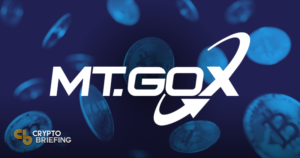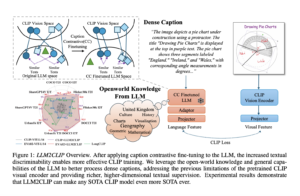Industry Pushback Leads Matter Labs to Drop ZK Trademark

Matter Labs, the entity behind Ethereum layer-2 (L2) scaling solution zkSync, has dropped its attempt to trademark the term “ZK.”
The decision came after leading researchers and community members criticized the move.
Strong Opposition from Industry Experts and the Community
After facing intense criticism, Matter Labs announced on June 2 via a post on X (formerly Twitter) that they would withdraw all trademark applications related to ZK. The company acknowledged the challenge of establishing a group perceived as neutral and fair by the global community.
“As a result of these conversations, we decided to drop all trademark applications for the term ‘ZK.’ These discussions came down to one important fact: it would be impossible to agree on a group of people perceived as credibly neutral by nearly everyone. What could have worked for Ethereum would not necessarily work for the entire world,” Matter Labs wrote.
Read more: What Is zkSync?
Matter Labs initially said it applied for ZK-related trademark applications in nine countries to claim “zero-knowledge.” Zero-knowledge (ZK) technology uses cryptographic protocols to allow one party to prove a statement’s truth to another without revealing any specific information about the statement itself, ensuring privacy and security.
The company argued the application aimed to ensure ZK can be used freely in the context of “zkSync,” “ZK Stack,” and other firm-related names. However, efforts to solidify its ownership over ZK technology sparked significant criticism from the crypto community.
Several prominent figures in the ZK technology industry issued a joint public letter to address their concerns about Matter Labs. In the letter, they emphasized the importance of keeping ZK technology for the public good. They argued that commercializing such a fundamental technology would go against the principles of freedom and openness that the crypto industry stands for.
“ZK shouldn’t be a trademark of a corporation: it should rather be accessible to all. Those of us that work on ZK technology understand that we are standing on the shoulders of giants, of researchers and engineers that created and developed the technology that we use. In return, we are asked to contribute back to a body of knowledge that is owned by the collective, not by a single corporation,” the public letter reads.
The letter’s signatories included Shafi Goldwasser and Silvio Micali, co-inventors of ZK proofs. Other key industry leaders, like Eli Ben-Sasson, CEO of StarkWare, and Sandeep Nailwal, co-founder of Polygon, also endorsed the letter.
The disagreement over Matter Labs’ trademark applications resonated deeply within the broader crypto community. Data from the Web3 information platform Kaito showed a significant dip in the sentiment analytics score for zkSync, reflecting the community’s negative response in the last few days of May.
Read more: A Beginner’s Guide to Layer-2 Scaling Solutions
Despite the backlash, zkSync is one of the most popular L2 solutions in the Ethereum ecosystem. Growthepie data reveals that zkSync has 767,730 weekly active addresses, representing a 10.2% share of total L2 addresses.
Disclaimer
In adherence to the Trust Project guidelines, BeInCrypto is committed to unbiased, transparent reporting. This news article aims to provide accurate, timely information. However, readers are advised to verify facts independently and consult with a professional before making any decisions based on this content. Please note that our Terms and Conditions, Privacy Policy, and Disclaimers have been updated.













